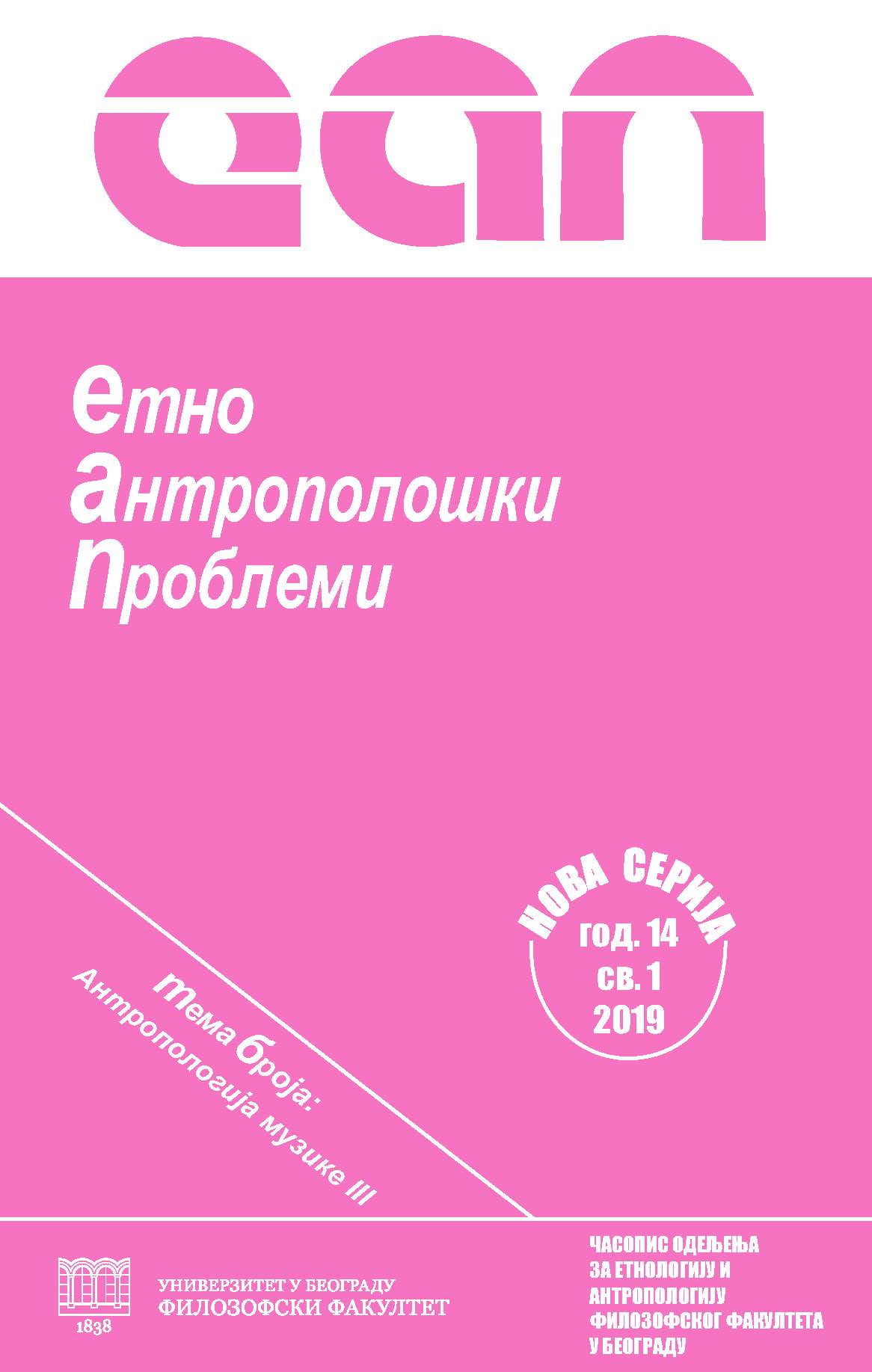Koncept kulture između prosvetiteljstva i kontraprosvetiteljstva
The Concept of Culture between Enlightenment and Counter-Enlightenment
Author(s): Nina KulenovićSubject(s): Anthropology
Published by: Филозофски факултет, Универзитет у Београду
Keywords: culture; counter-enlightenment; individualism; holism; sense; human nature
Summary/Abstract: The paper seeks to show that criticisms directed at the expense of the concept of culture from the sixties, and especially the eighties of the twentieth century, only but re-actualized the dispute present in the discipline at least from the end of the second decade of the twentieth century between two sides. On the one hand, we have those anthropologists who perceived culture as (a) homogeneous, static, closed, holistic, sui generis system that, in the ontological sense, "exists" outside and above individuals, and determines their thinking and actions by anticipating them, and which "represents" in a monographic study, and in a methodological sense, explains the totality of life, beliefs and behavior of its members. On the other hand, there are anthropologists who perceived culture as (b) in the ontological sense "nonexistent", fragmentary, heterogeneous, variable set of actions of numerous individuals struggling to create, interpret or legitimize its rules, and whose disagreements, in a methodological sense, are taken as the starting point of the culture’s explanation, understood as an aggregate of numerous individuals’ work and their unintended consequences. The aim of the paper is to contextualize the Individualism-Holism Dispute into the Enlightenment and Counter-Enlightenment dispute, and answer the question why rationalists, agents of transcultural commensurability and advocates of universally applicable, cosmopolitan anthropological science, when writing "against culture," refer to the defense of Enlightenment from Counter-Enlightenment.
Journal: Етноантрополошки проблеми
- Issue Year: 14/2019
- Issue No: 1
- Page Range: 137-167
- Page Count: 31
- Language: Serbian

